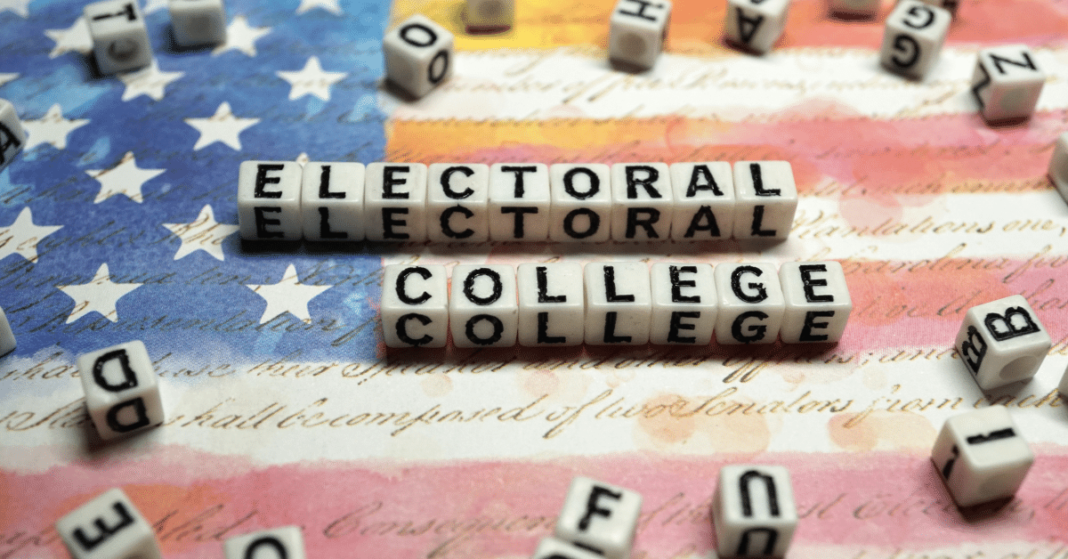The electoral process in Madagascar is organized by the CENI, the national madagascar electoral commission. The commission is comprised of members who are Malagasy citizens and at least 40 years old. These individuals must be independent, politically neutral, and have no criminal records. Additionally, they must be members of a religious institution and not be active in any political party.
After a long wait, the results for the Dec. 20 presidential election were finally announced. It was a historic day for Madagascar. It marked a significant step towards democracy and laid the foundation for a new era of growth and development. The previous five years had seen the country stagnate and its economy deteriorate. Marc Ravalomanana, the former president, was ousted in a coup d’etat in 2009, and Andry Rajoelina took over as president. However, the international community did not recognize Rajoelina’s government, and the Malagasy people suffered from the political battles.
The CENI is run by a permanent bureau made up of a chair, three vice-chairs, two rapporteurs, and three advisors. They are appointed by the President. The term of their appointment is six years. After this term, the commission has to elect representatives for the next term sixty days before the official end of the term.
The political scene in Madagascar is unpredictable. The last presidential election was marred by suspicion between candidates, and dissatisfied voters protested. In the legislative elections, however, the political atmosphere was much calmer and less controversial. But the low turnout of less than 30% of eligible voters was a cause for concern.
The Independent National madagascar electoral commission was established in 2010 by an Ordonance no. 2010-003 du 17 mars 2010. It was mandated with managing all electoral processes, compiling election results, and publishing them. The creation of the CENI changed electoral management in Madagascar, and it brought together the roles previously held by two separate bodies.
In 2019, the National Assembly reduced the size of the Senate from 63 to 18 seats – six appointed by President Andry Rajoelina, and 12 indirectly by the electoral college. These representatives serve five-year terms. The Senate elections in December 2020 were boycotted by most of the opposition parties, but the results were deemed free and fair by most election observers.
Members
Madagascar is a semi-presidential republic with a president elected to a five-year term, who appoints a prime minister. The country has had democratic elections in the past and has planned to hold a Senate election in December 2020. In the 2018 elections, a new government won a majority in parliament and local and regional elections. The new government is promising to maintain the gains made in previous elections, while working to strengthen the institutions of democracy and rule of law.
The new law strengthens the independence of the central bank and enshrines its mandate in monetary policy. It also gradually reduces statutory advances to the government and transfers its losses to the government. In addition, it establishes an Audit Committee of the Board of Directors and strengthens banking supervision. It also brings up the internal audit functions of the central bank to international standards.
The Rohy movement unites different types of organizations and advocates for change. They serve as the voice of the people and act as watchdogs at all levels of government. In addition to this, the Council of Christian Churches of Madagascar still plays a political role and calls on the government to focus on the needs of the population and improve transparency in governance.
Members of the madagascar electoral commission must be Malagasy citizens. In addition, they cannot be members of political parties and must be at least 40 years old. They must also be free of criminal convictions and must have participated in at least two national elections. They must also be a member of a religious institution.
The election is crucial for the country’s future. The country’s political stability is at stake, and the election must be run properly. If it is not, it could have serious consequences for the nation’s economy and social wellbeing. For this reason, NORDEM and NORCAP will be the electoral monitors in Madagascar.
After the elections, the election commission will deliver its final report. It will assess the whole electoral process and provide recommendations for future elections. It will be made available to all stakeholders and to the national authorities.
Qualifications
The country is a semi-presidential republic with a president elected for a five-year term, and a prime minister nominated by the National Assembly and appointed by the president. The last elections took place in December 2018, and there are three more scheduled for December 2020, including a Senate election. The results of the election gave the new regime a majority in all branches of government, providing the country with a political foundation for sustained stability. However, the country’s transition from authoritarian rule was not easy and a resurgence of authoritarianism is a risk.
In order to be eligible for the election, candidates must be in good standing with the law, have no pending criminal charges and must pay all taxes within the last three years. Candidates can be members of the High Constitutional Court, the Special Electoral Court, the Government, Magistrates Courts or the Independent National madagascar electoral commission for Transition.
Electoral observers from SADC and the African Union observed the election. They noted that the election was professionally conducted, and that the public media gave prime coverage to all political parties. They also observed that the military was pro-active during the election, and that the elections took place peacefully. Furthermore, they observed that the electoral process was well-organized, with respect to the electoral laws.
The judicial system in Madagascar is French-based, and there are three levels of courts: lower courts, which handle civil and criminal cases, and the Supreme Court, which hears constitutional cases. In addition, the High Constitutional Court rules on disputes arising from presidential and legislative elections and referendums.
The training was held in Antananarivo on 20 and 23 April 2015. During the training, participants included high-level representatives of the KMF-CNOE, the electoral body in Madagascar. The training provided a foundation for further collaboration. It also provided participants with a better understanding of their respective roles and responsibilities.
The government of Madagascar is committed to promoting and maintaining the rule of law and is committed to achieving sustainable, inclusive development. Furthermore, it reiterates its call for international support.
Terms of Office
Madagascar has an extensive madagascar electoral commission history. Since 1960, it has held 12 presidential elections, eight senatorial elections, and seven referendums. It has been divided into four republics and undergone several electoral transitions. The majority of regimes elected in runoff elections are hegemonic and implement authoritarian governance practices. This has caused various problems, including the deteriorating credibility of the electoral process.
The political institutions in Madagascar are weak, inefficient, and lack a long-term, stable pattern of political-party organization. As of March 2019, Madagascar had 195 registered political parties. The political system is fragmented, polarized, and prone to violence. The World Economic Forum ranks Madagascar 125th out of 141 countries.
The recent change in government has caused widespread international and regional criticism. The United States, France, and European Union strongly condemned the unconstitutional change. The change in government has also cost Madagascar a large amount of foreign budget support. As a result, the country has resorted to a more diverse foreign policy. It has a strong interest in trade with India, Mauritius, Australia, and South Africa.
The executive branch of the country is divided between a president elected through universal suffrage and a prime minister nominated by parliament. Both of these positions require the approval of the president, and the president can terminate the prime minister’s service by dissolving the government. The president is considered the most powerful political figure in the country and serves as a symbol of national unity.
There is little transparency regarding the funding of political parties. Electoral officials are not required to disclose the value of their assets, and many cases of corruption have been related to the previous regime. In addition, accountability and audit mechanisms remain weak. Many direct tenders are still conducted, despite regulations. The coronavirus pandemic has heightened suspicions about corruption.
The electoral system is designed to encourage widespread popular participation. The proportional representation list-system encourages the field of candidates to be populated by a large number of eligible voters. The country is divided into sixty-eight constituencies. The electoral register is revised every two months, beginning in December.
ALSO READ: car accident attorney los angeles cz.law






